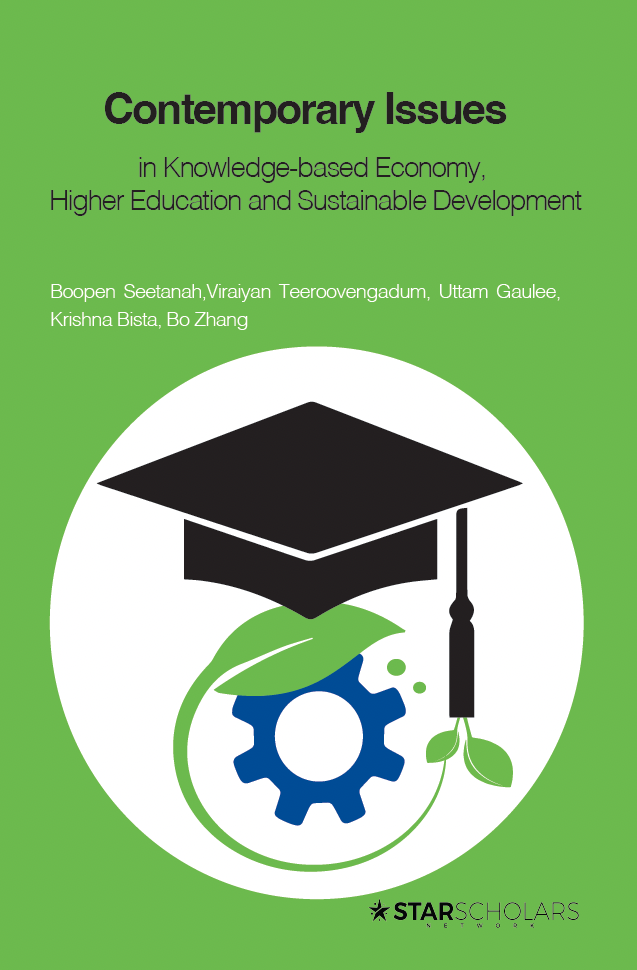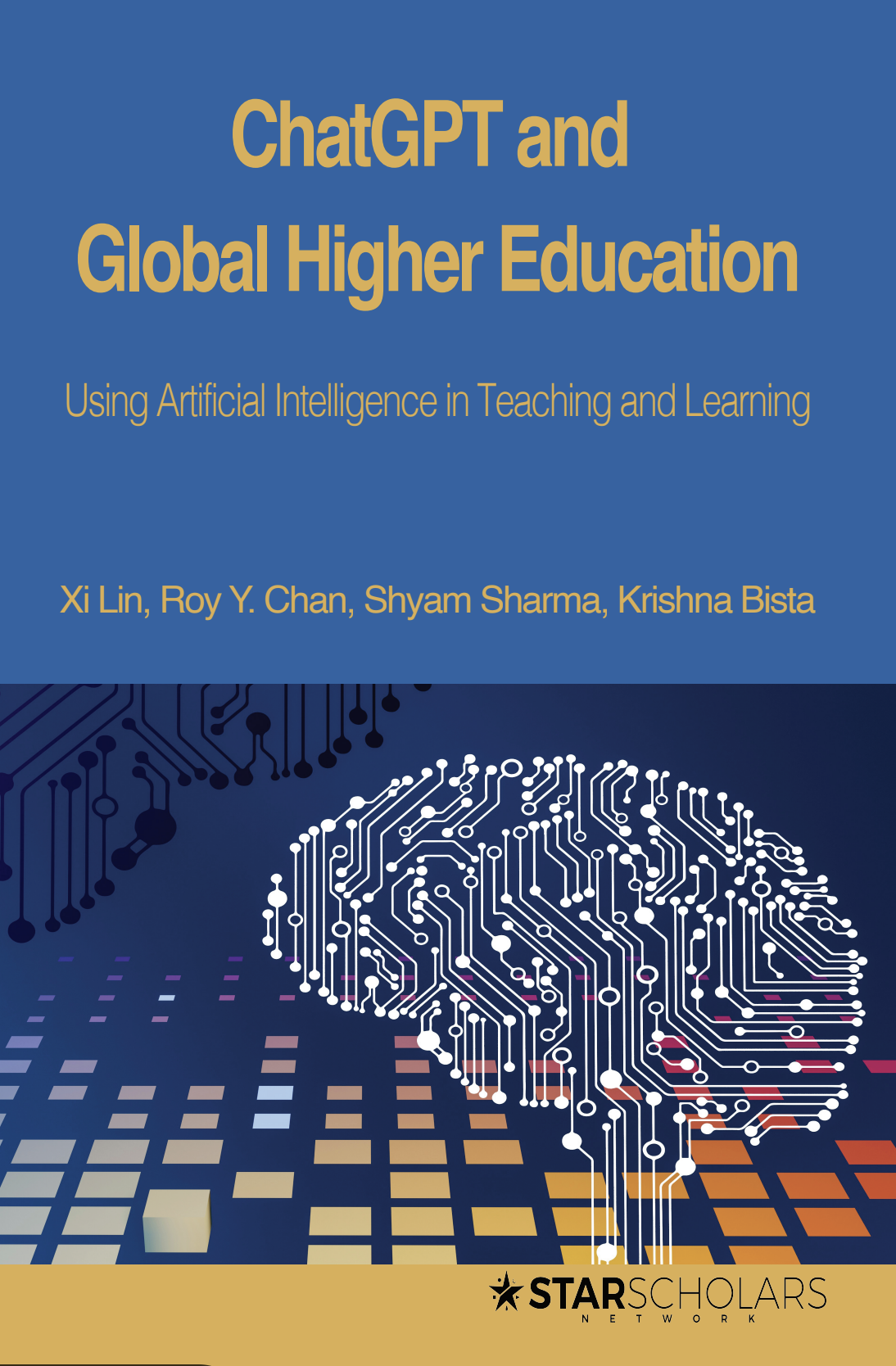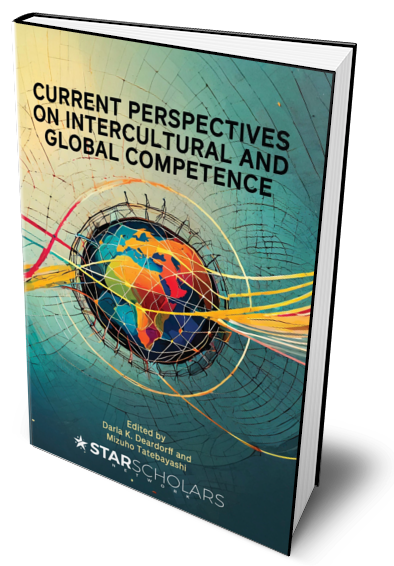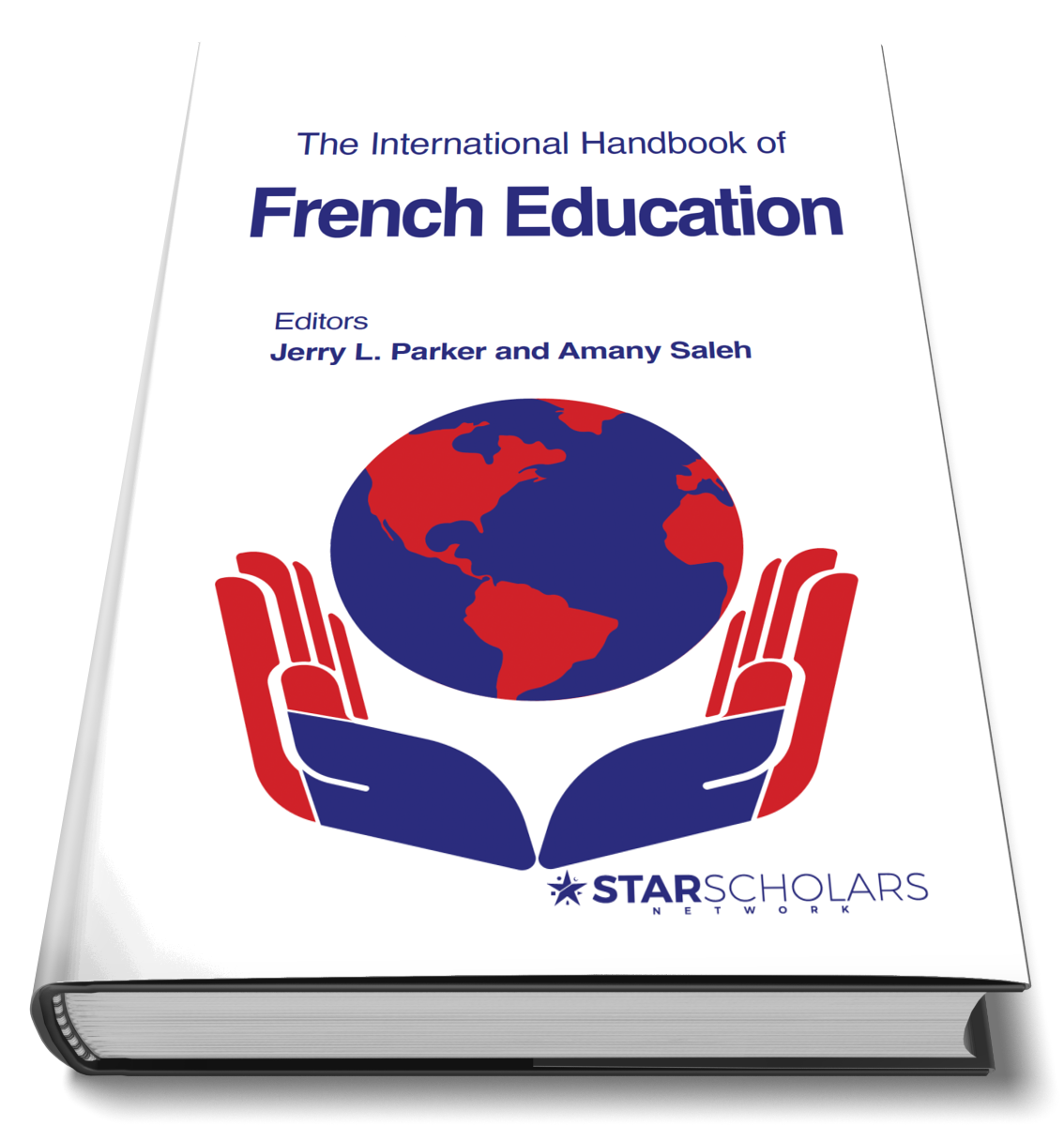Transforming Mauritius into a Knowledge-Based Economy: The Impact on Foreign Direct Investment
Published
Synopsis
Mauritius has made admirable progress ever since its independence in 1968. It quickly leaped to a high-income economy in July 2020 but was knocked back to an upper middle-income status in 2021 due to the impact of the COVID-19 pandemic. One of the key challenges for the island is now to ignite and sustain high economic growth again. This can be achieved by transitioning to a knowledge-based economy. While promoting a knowledge-based economy, the government might also be indirectly triggering foreign direct investment in the island, which will in turn foster more growth. Since FDI triggers economic development on the island, this paper aims to verify whether Mauritius’s attempt to promote a knowledge-based economy could indirectly generate growth through the FDI channel. The paper uses five main indicators of a knowledge economy and investigates whether these have any role to play in the promotion of foreign direct investment on the island. The paper makes use of a dynamic vector autoregressive model, with data spanning from 1986-2019. The model ensures that the dynamic behavior of the time series under consideration is correctly captured while simultaneously accounting for endogeneity and causality issues. Moreover, any feedback and indirect effects that might be present will also be detected within the model. If the indicators of a knowledge-based economy are also determinants of FDI, this could have important policy implications for Mauritius.





